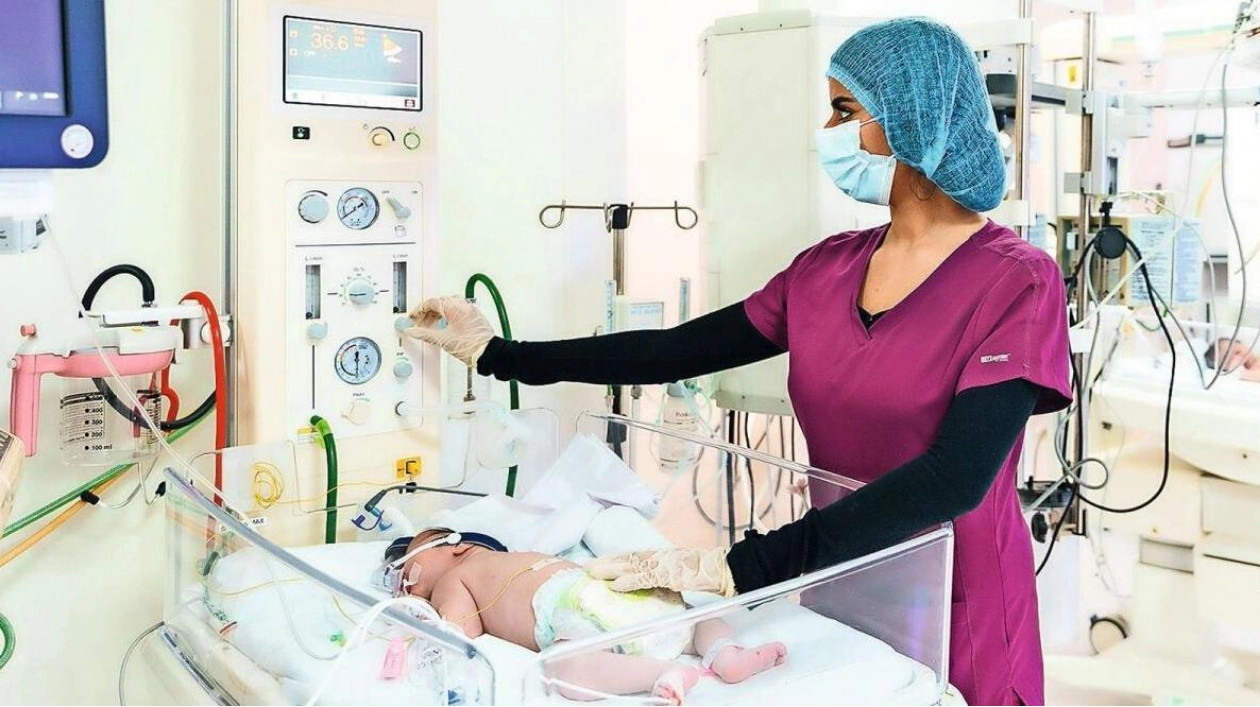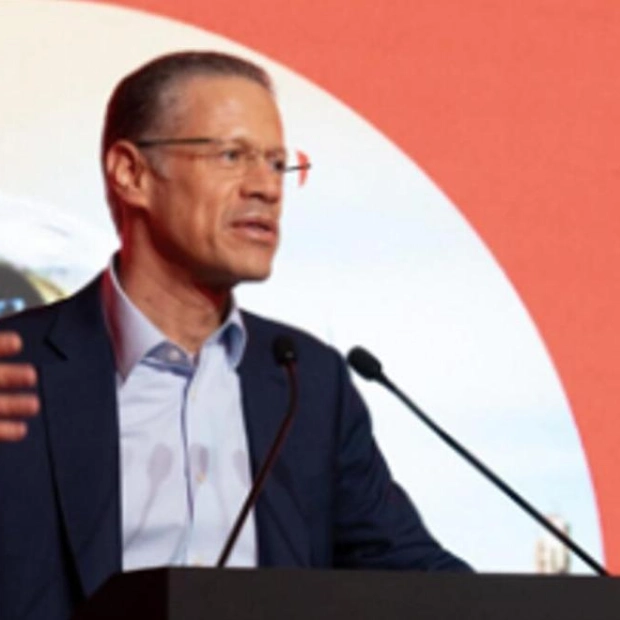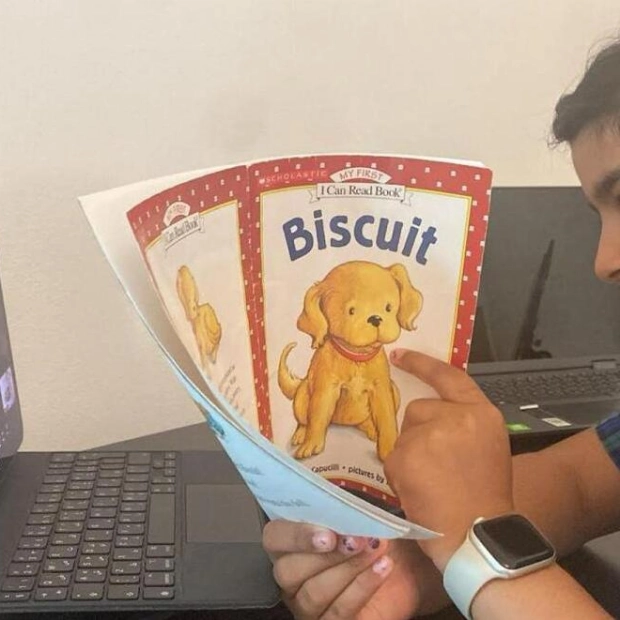In light of the increasing need for specialized nursing professionals in the UAE, Gulf Medical University (GMU) has launched the Master of Science in Neonatal Critical Care Nursing (MSNCCN) program. This advanced program, crafted by the College of Nursing, is designed to meet the current and future healthcare demands of the UAE by equipping nurses with specialized skills in neonatal critical care, enhancing their knowledge, incorporating targeted educational and practice strategies, and supporting emerging scholars.
The UAE's 50th anniversary in 2021 underscored healthcare as a pivotal area for national growth. This focus resulted in the 'UAE National Strategy for Nursing / Midwifery: A Roadmap to 2026,' aiming to enhance nursing education and training to fulfill future workforce requirements. Consequently, GMU's MSNCCN program is structured to provide neonatal nurses with the highest level of expertise needed in neonatal critical care environments, closely aligning with the UAE's national strategy to improve healthcare through advanced nursing education and meet future workforce needs. The program offers a robust curriculum that combines advanced education with practical application, ensuring graduates are well-equipped to contribute to healthcare advancements through research, scholarship, and service. Recognizing the needs of working professionals, the MSNCCN program offers flexible study options, including evening and weekend classes, allowing students to balance their professional and educational commitments without compromising their practical knowledge application.
The two-year, full-time program trains nurses to be specialized healthcare providers for neonates and their families in acute care settings. The main focus is on promoting, maintaining, supervising, and restoring health, identifying health risks, and managing acute illnesses in neonates. Graduates will be prepared to serve as educators, leaders, consultants, advocates, and change agents in the field of neonatal critical care. The curriculum includes hands-on experience through clinical rotations in top Neonatal Intensive Care Units (NICUs) under the supervision of experienced preceptors. Emphasizing interdisciplinary collaboration, the program prepares students to work effectively within healthcare teams including neonatologists, respiratory therapists, pharmacists, and other specialists.
Professor Selva Titus Chacko, dean of the College of Nursing at GMU, noted: “Our program and curriculum are carefully designed to enhance skills and knowledge in neonatal critical care, addressing critical needs within our healthcare system. By integrating practical and theoretical components, we aim to significantly elevate neonatal care standards in the UAE.” Professor Hossam Hamdy, chancellor of GMU, added: “We are dedicated to providing world-class education in neonatal critical care to talented individuals from nursing backgrounds. This initiative is crucial and aligns directly with our mission to develop a diverse workforce of nurse leaders. Our students receive top-notch training in our extensive network of private academic hospitals and work in hospitals accredited by international organizations, benefiting from advanced technology and significant resources invested in their development. By equipping nurses with both advanced education and practical skills, we contribute to the overall improvement of neonatal health outcomes in the UAE and the broader region.”






